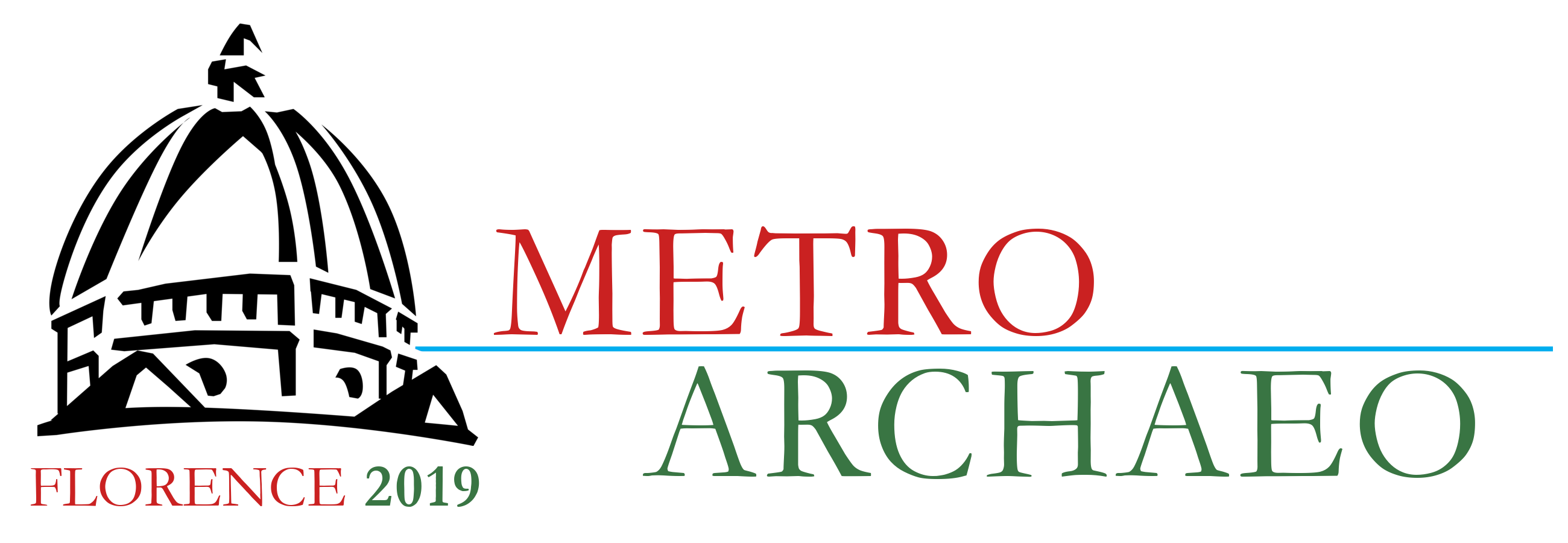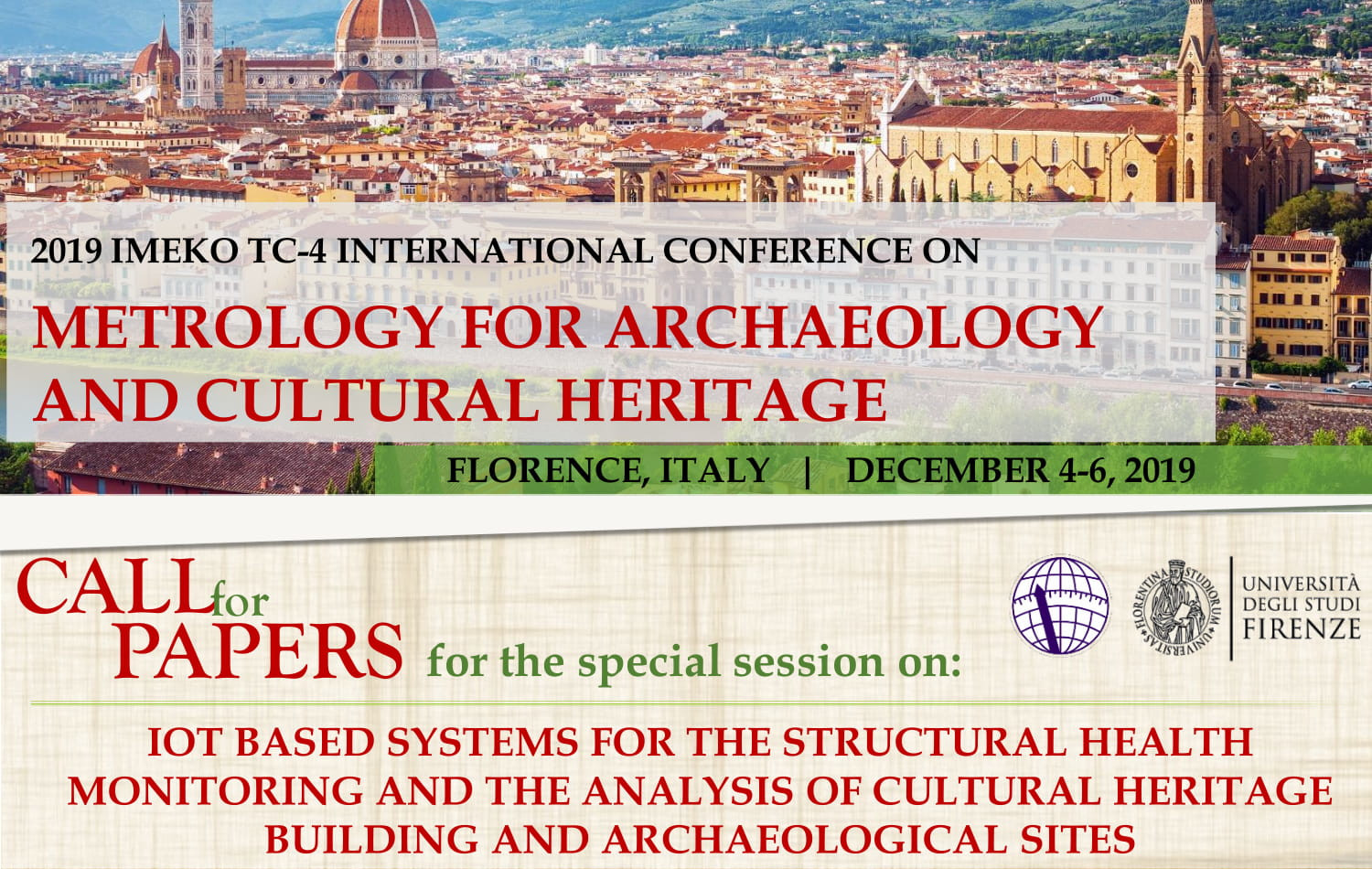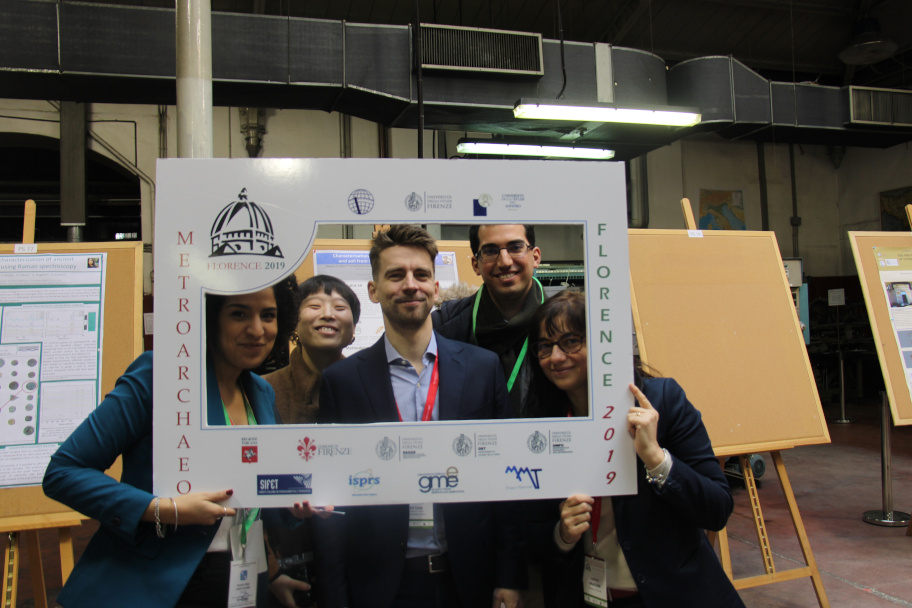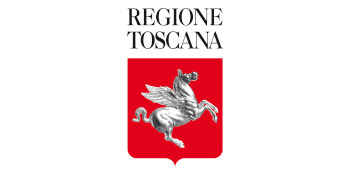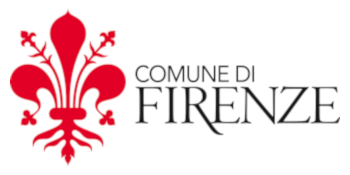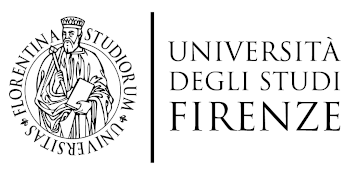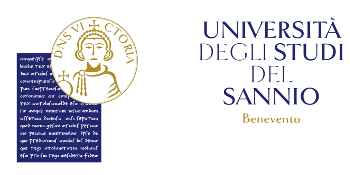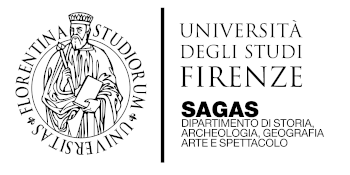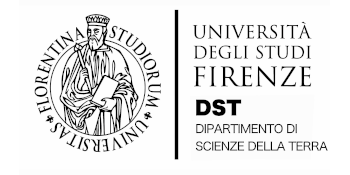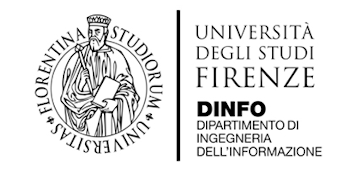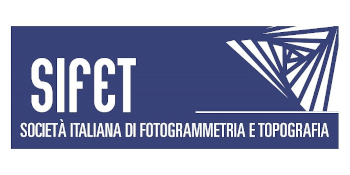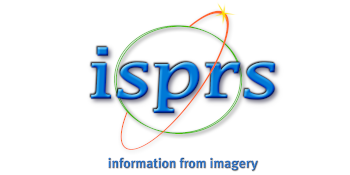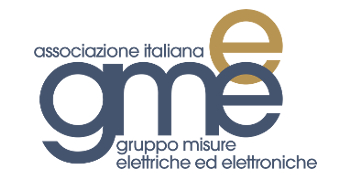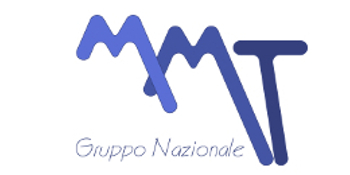IoT based Systems for the Structural Health Monitoring and the Analysis of Cultural Heritage Building and Archaeological Sites
ORGANIZED BY
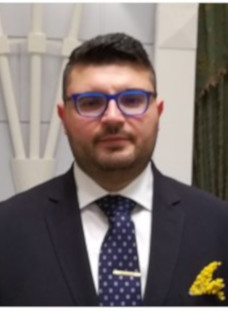
Francesco Lamonaca
University of Sannio, Italy
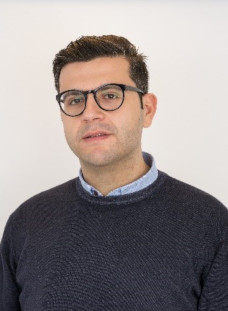
Carmelo Scuro
University of Calabria, Italy
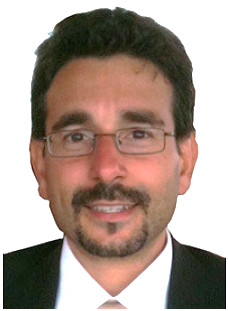
Domenico Luca Carnì
University of Calabria, Italy
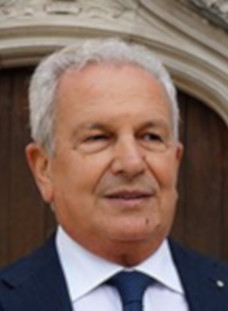
Renato Sante Olivito
University of Calabria, Italy
ABSTRACT
The session will provide new information about the structural assessment of the entire cultural heritage buildings, allowing the analysis of structures belonging to different typologies and realized with different materials (Steel, wood and masonry), also, for example, related to industrial archeology.
New trends and applications in the field of nondestructive and semi destructive techniques will be discussed in order to identify and apply new Structural Health Monitoring (SHM) systems also based on the paradigm of Internet of Things (IoT). Post-seismic and pre-seismic evaluation protocols of historical and monumental buildings will be also presented in order to safeguard and preserve all types of structures.
In the framework of the preservation of the cultural heritage, one of the most important aspects deals with the monitoring of the archaeological sites and cultural heritage buildings. To this aim, new technologies are nowadays available for the acquisition and elaboration of several parameters used for the health and safety assessment and the development of new mathematical model describing the structural behavior of these buildings and sites. Main challenges concern with heterogeneity and mobility of the Smart Objects used to acquire data, different kind of connections, energy saving, energy harvesting, the collection and management of the acquired data, the development and validation of new numerical models, and last but not least the development of new sensor and methodologies to manage the different materials typically used in cultural heritage building and constituting the archaeological sites. The special session “IoT based Systems for the Structural Health Monitoring and the Analysis of Cultural Heritage Building and Archaeological Sites.” is trying to examine common ideas and directions among different contemporary theoretical and technical approaches. The special session will collect scientific expertise and the technologies nowadays available. The goal is to give a set of triggering contributions useful to propose new and common approaches for the design and realization of new systems for the preservation of cultural heritage.
ABOUT THE ORGANIZERS
Francesco Lamonaca (M’11–SM’16) received: M.S. degree in Computer Science Engineering in 2005 and Ph.D. degree in Computer and System Science in 2010 from the University of Calabria, Italy; doctorate equivalences in Science (2010) and Engineering Science (2011) from the Université Libre de Bruxelles, Belgium. He is now associate professor of Electronic Measurements at the University of Sannio. He won competitions as first classified: University of Calabria, Young Researchers 2010, and 2012; GMEE, mobility research grants 2011; TE-RE-RD, Best Paper Awards 2014. He is Senior Member IEEE and member of: TC-10 - Waveform Generation, Measurement & Analysis, TC 25 Medical Measurement and TC-37 - Measurements and Networking of the IEEE Society on Instrumentation and Measurement (IM), IEEE, IM, GMEE, IAHR. He is Officer of Commission A– Electromagnetic Metrology of the Union Radio Scientifique Internationale (International Union of Radio Sciences) - Italian National Committee. He has authored and co-authored over 140 papers published in international journals and conference proceedings. He is Reviewer of international journals and conferences. He organized and chaired several special sessions in the field of time synchronization, distributed measurement system IoT based and measurement for health. He was Special Session Chair of MeMeA 2016 and organize the special session “Smart devices for biomedical applications and health parameters monitoring”. His current researches include: measurements, signal processing for structural health monitoring, noninvasive monitoring and testing, IoT based monitoring systems, synchronization of networking measurement instruments and sensors measurements for medical use.
Carmelo Scuro is a research fellow at the University of Calabria and works at Physics and Civil Engineering departments. He received the master's degree in engineering and architecture and the Ph.D. degree in "science and engineering of the environment construction and energy" at the University of Calabria, Rende, Italy, in 2012 and 2017, respectively. He has authored and co-authored over 45 papers published in international journals and conference proceedings and several book chapters. He is Reviewer of international journals.
His current research interests include the analysis of the fracture in the brittle materials through the use of acoustic emissions and structural monitoring systems based on the IoT paradigm, mechanical and physical characterization of traditional masonry techniques, numerical analysis, experimentation on FRCM, micro-tomography and 3-D printing.
Domenico Luca Carnì is Assistant Professor of Electric and Electronic Measurements with the Department of Informatics, Modeling, Electronics and Systems, University of Calabria. He achieved his master's degree in computer engineering from the University of Calabria in 2003. In 2006, he received the Ph.D. degree in systems and computer engineering from the same university. Received His current research interests include the measurement on telecommunication systems, characterization of digital to analog and analog to digital converters, digital signal processing for monitoring and testing, virtual instrumentation, and distributed measurement systems.
Renato Sante Olivito is a Full Professor of Structural Mechanics with the Department of Civil Engineering University of Calabria, Rende, Italy, where he has remained in a variety of research and management positions. He was responsible for the research unit in the frame of the National Projects PRIN and RELUIS. He was responsible for the PARCO Project supported by Calabria Region. He has authored or co-authored more than 150 papers published in international journals and conference proceedings. His current research interests include the ecosustainable composite materials as a strengthening of modern and historical masonry constructions, experimentation on FRCM and monitoring of structural through the use of Acoustic Emissions. He is member of AIAS.
